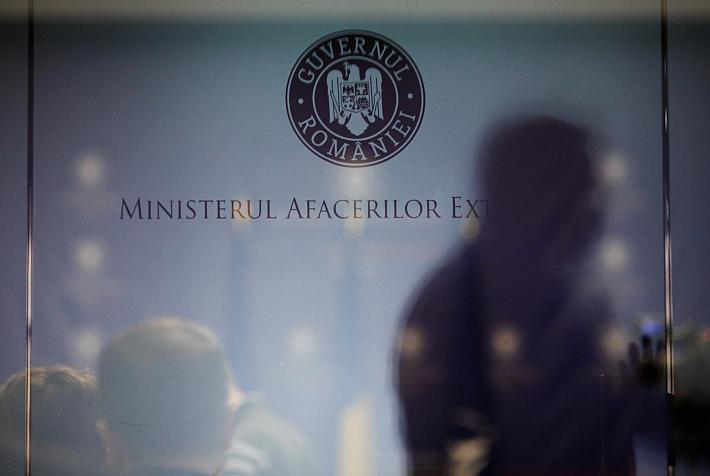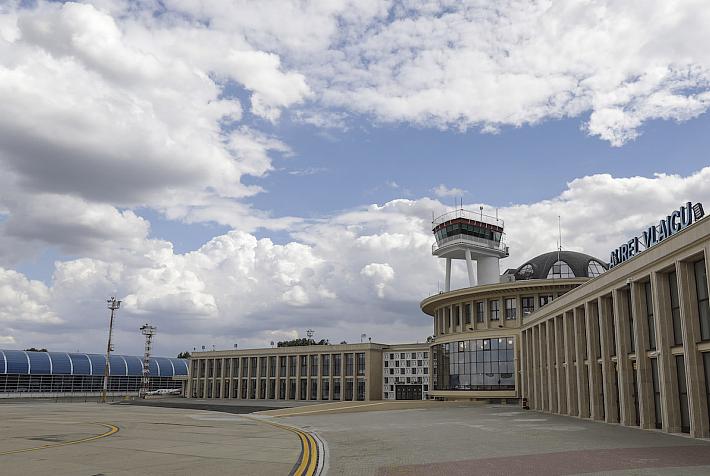Study: Romanian retail and consumer goods companies optimistic about revenue growth

The majority of retail and FMCG (fast-moving consumer goods) companies in Romania expect revenue growth in 2023, with accompanying higher personnel costs.
82% of respondents in the industry, part of a study conducted by Horváth, a management consulting firm operating in Romania since 2005, expect revenue growth this year. Even more firms (86%) anticipate additional revenues in 2024, while 94% of the executives participating in the study believe that they will have higher personnel costs this year.
The findings are part of the 'Dynamic Horizons' study, in which Horváth aimed to identify the key challenges and targeted measures of industry executives (with 47% of respondents at the CEO level) in order to adapt to the rapid pace of changes in recent years. The perspective of companies in Romania is much more optimistic regarding revenue growth, as a similar Horváth study conducted at the European level (in June 2023) indicates that only 45% of surveyed firms expect revenue growth in 2023 and 2024.
From the multitude of challenges faced by industry leaders, the Horváth team has identified 13 strategic priorities relevant to medium- and long-term business development that executives are pursuing.
Among these, the top priority is 'improving cost and profit structures,' considered to be a very important priority by 66% or important by 22%. Cost optimization targets areas such as product and service portfolios, production lines, distribution channels, and administrative expenses. The most frequently used levers are found in Procurement, Sales, and Marketing departments. The increase in costs for materials, energy, and personnel cannot be fully transferred to customers, so firms need a cost structure optimization strategy.
The second strategic priority is 'people-focused themes,' which have become a top concern (ranking 1st in Horváth's European study) for managers, due to personnel fluctuations and demographic changes on the horizon. Employee retention is crucial, as the continuity of a retail business depends on it. In FMCG, the personnel shortage is evident both in highly skilled staff (engineers) and in less skilled positions.
The third strategic priority in Romania (which has been in the top spot in Horváth's European study for several years) is 'digital transformation,' with company leadership discussing significant investment projects in such programs.
In the retail industry, in addition to internal optimizations, improving customer experiences is pursued, for example, through the use of new technologies like AI, both at the strategic level (data analysis) and operational level (payment process optimization). In addition to these three priorities, the following are of importance for retail and FMCG companies in Romania: 'improving financial and risk performance management'; 'sustainable improvement of liquidity'; 'realignment of pricing and revenue models'; and cybersecurity. The latter priority ranks 2nd in Europe, with one-third of companies reporting being victims of a cyber attack in the past 12 months, compared to only 16% facing such a situation in Romania.
"Despite numerous challenges such as rising costs of materials, energy, and wages, personnel fluctuations, rapid technological advancements, and customer demands, the retail and FMCG industry in Romania holds an optimistic outlook for revenue growth in 2023 and 2024. Top management's awareness has increased that to maintain companies' competitiveness in the medium and long term, continuous adaptability, structural approaches, and innovative solutions are necessary. The Horváth study has identified the industry's strategic priorities and highlights best practices that we hope will be useful for industry executives in their efforts to sustain and enhance performance in a dynamic market context," stated Maria Boldor, principal, Horváth Romania, cited in the company press release.
The Horváth study included top management representatives from 39 companies active in Romania, with 21% from retail and 79% from FMCG. 83% of the companies have over 500 employees, and 50% reported revenues exceeding RON 600 mln in the last financial year.
(Photo source: Sompong Sriphet | Dreamstime.com)












